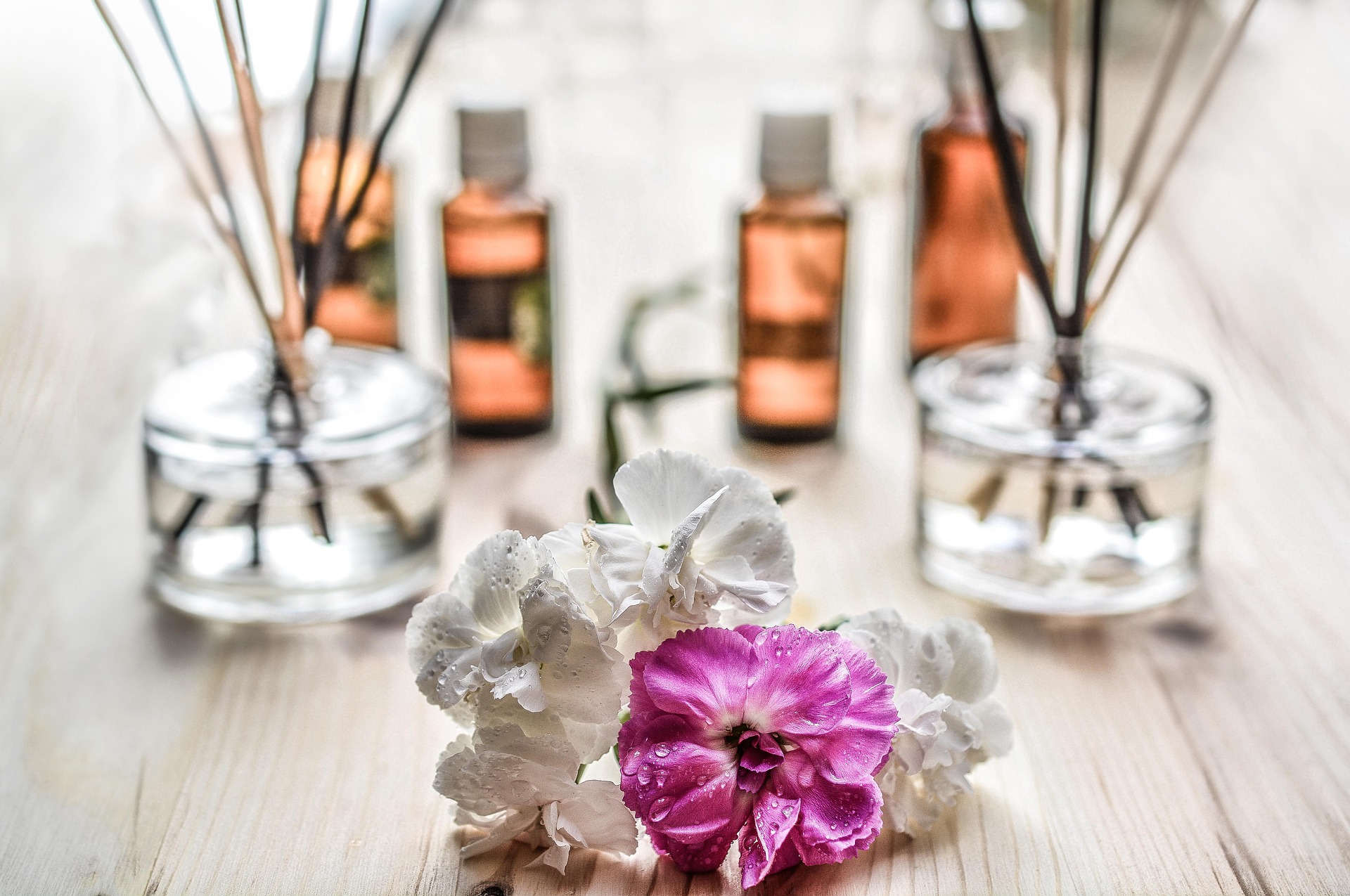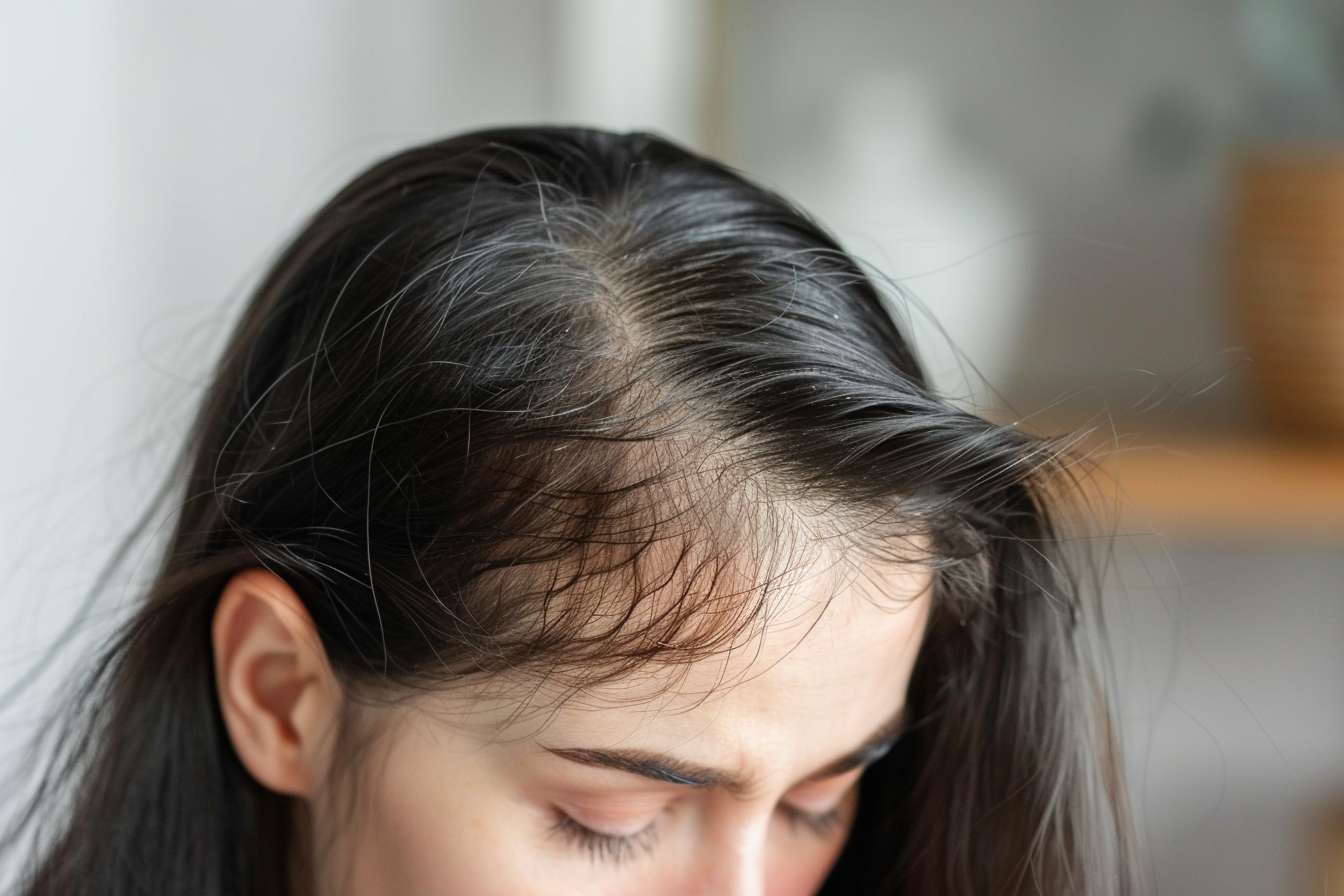The Quiet Power of Fragrance in Beauty Rituals
Scent has long been an integral yet often overlooked element of beauty routines. From ancient civilizations to modern-day practices, fragrance has played a significant role in enhancing personal grooming and self-care rituals. The power of scent extends far beyond simply masking unpleasant odors; it has the ability to evoke memories, alter moods, and even influence social interactions. Despite its importance, fragrance is frequently overshadowed by more visible aspects of beauty, such as makeup and skincare. This article delves into the multifaceted world of fragrance in beauty, exploring its historical significance, psychological effects, and current trends in the industry.
During the Renaissance, perfumery became an art form in Europe, with the creation of complex fragrances using natural ingredients. The 18th and 19th centuries marked the beginning of modern perfumery, with the development of synthetic fragrances and the establishment of iconic perfume houses in France. Today, fragrance remains a crucial component of the beauty industry, with countless products incorporating scents to enhance the user experience.
The Psychology of Scent
The impact of fragrance on human psychology is profound and multifaceted. Scent is directly linked to the limbic system, the part of the brain responsible for emotions and memory. This connection explains why certain smells can instantly trigger vivid memories or strong emotional responses. In beauty rituals, fragrance can play a significant role in mood enhancement, stress reduction, and overall well-being.
Research has shown that specific scents can influence cognitive performance, alertness, and even social behavior. For example, lavender is often associated with relaxation and improved sleep quality, while citrus scents are known to boost energy and mood. The beauty industry has capitalized on these findings, incorporating targeted fragrances into products to enhance their perceived benefits and create a more holistic sensory experience for consumers.
Fragrance in Skincare and Haircare
While perfumes are the most obvious application of fragrance in beauty, scent plays a crucial role in many other product categories. Skincare and haircare products often incorporate fragrances to create a more pleasurable user experience and mask the natural odors of active ingredients. However, the use of fragrance in these products has become a topic of debate in recent years.
On one hand, many consumers appreciate scented products and find them more enjoyable to use. On the other hand, there are concerns about potential skin irritation and allergic reactions caused by fragrances, particularly in individuals with sensitive skin. As a result, many brands now offer fragrance-free options or use natural essential oils as alternatives to synthetic fragrances. The industry continues to navigate this balance between sensory appeal and skin health, with ongoing research into safer fragrance formulations.
The Rise of Niche and Artisanal Fragrances
In recent years, there has been a significant shift in the fragrance market towards niche and artisanal perfumes. Consumers are increasingly seeking unique, high-quality scents that reflect their individuality and values. This trend has led to the emergence of numerous independent perfume houses and artisanal brands that focus on creating complex, innovative fragrances using high-quality ingredients.
These niche fragrances often tell a story or evoke a specific mood, moving beyond traditional gender categories and mass-market appeal. They cater to a growing segment of consumers who view fragrance as a form of self-expression and are willing to invest in more exclusive scents. This shift has also influenced mainstream brands, encouraging them to experiment with more diverse and sophisticated fragrance profiles.
Sustainable and Natural Fragrances
As sustainability becomes an increasingly important concern in the beauty industry, fragrance creators are exploring more eco-friendly and natural alternatives. This includes the use of biodegradable ingredients, sustainable sourcing practices, and a focus on transparency in ingredient lists. Many consumers are now seeking fragrances that align with their values, such as vegan, cruelty-free, or organic options.
Natural fragrances, made from essential oils and plant-based ingredients, have gained popularity among those looking for alternatives to synthetic scents. However, the concept of “natural” in fragrance is complex, as many natural ingredients can still cause allergic reactions or be unsustainably sourced. The industry is working to address these challenges, developing new extraction methods and exploring biotechnology to create sustainable fragrance ingredients.
The Future of Fragrance in Beauty
As technology advances, the future of fragrance in beauty looks increasingly innovative. Personalized fragrances, created based on individual preferences or even genetic makeup, are becoming a reality. Virtual reality and augmented reality experiences are being developed to allow consumers to “try on” scents before purchasing. Additionally, the concept of functional fragrances – scents designed to enhance cognitive performance or emotional well-being – is gaining traction.
The integration of fragrance with other sensory experiences, such as sound and touch, is another area of exploration in the beauty industry. This multi-sensory approach aims to create more immersive and memorable beauty rituals. As research into the psychological and physiological effects of scent continues, we can expect to see even more targeted and sophisticated applications of fragrance in beauty products and practices.
In conclusion, fragrance remains a powerful yet often underappreciated aspect of beauty. Its ability to enhance mood, evoke memories, and create sensory experiences makes it a crucial element in personal care rituals. As the industry continues to evolve, fragrance will likely play an even more significant role in shaping the future of beauty, offering new ways to engage with products and express individuality.





